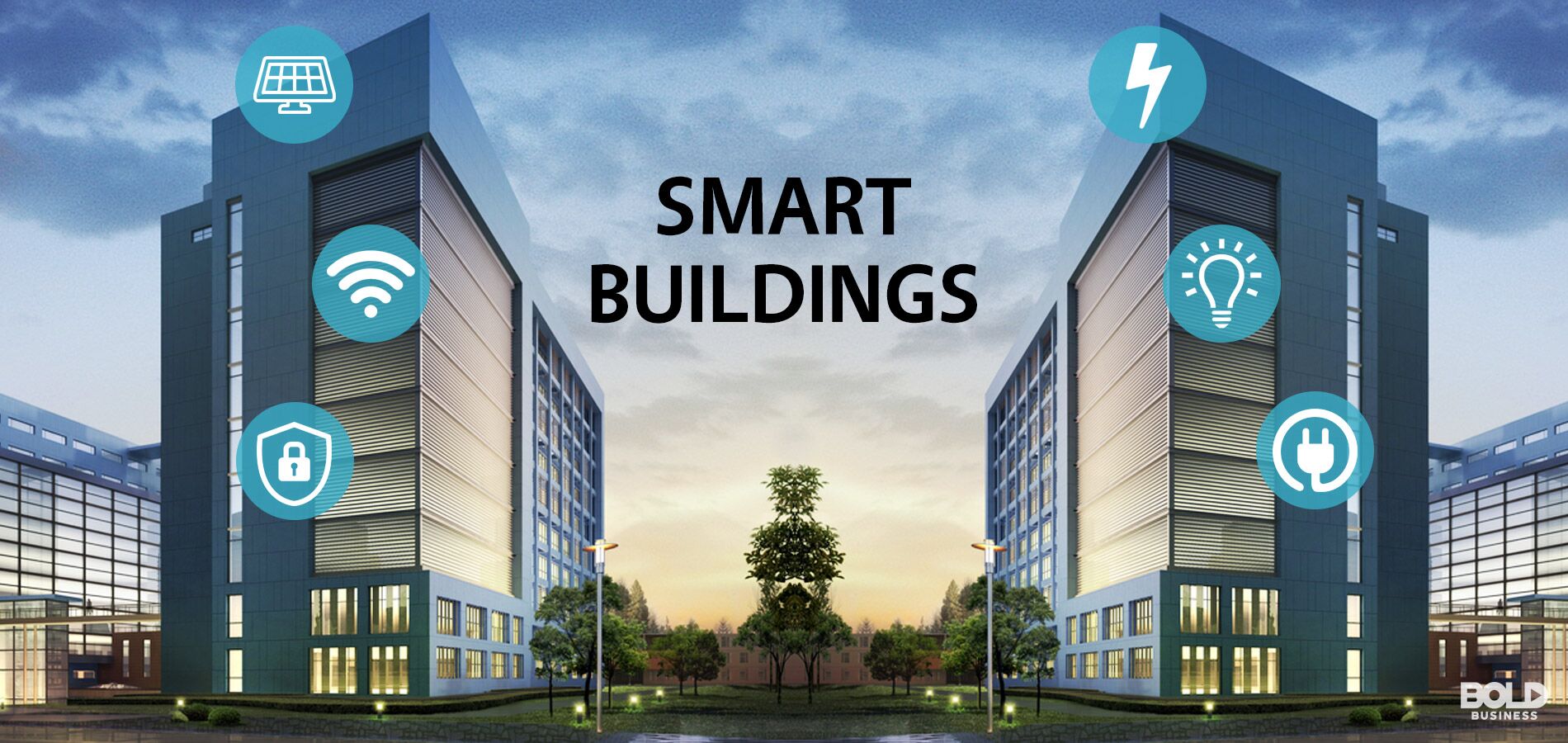
Exploring Ethical Considerations in Smart Building Technology
Introduction
Smart building technology has transformed the way we interact with our built environment, providing connectivity and automation at unprecedented levels. However, as this technology becomes more prevalent, it is crucial to understand and address the ethical considerations surrounding its implementation. This article aims to delve into the importance of ethical considerations in smart building technology and why it is a timely and intriguing topic.
Historical Background
To comprehend the ethical considerations in smart building technology, it is vital to examine its historical evolution. From simple automation systems to complex networks of sensors and devices, smart building technology has undergone significant advancements. Milestones such as the development of building energy management systems and the integration of Internet of Things (IoT) technology have propelled the field forward. Ethical considerations have also evolved alongside these advancements to address potential risks and societal implications.
Key Concepts and Definitions
Understanding the ethical considerations in smart building technology requires defining and grasping key concepts. Smart building technology refers to the integration of automated systems and intelligent sensors within a building to enhance its functionality and efficiency. Ethical considerations within this context encompass issues such as data privacy, surveillance, automation, and more. Data privacy involves protecting personal and sensitive data from unauthorized access, while surveillance raises concerns about monitoring and invasion of privacy. Automation relates to the potential impact on employment and societal implications.
Main Discussion Points
Point: Data Privacy and Security
One of the primary ethical considerations in smart building technology is data privacy and security. The proliferation of interconnected devices and sensors poses a significant risk of compromising personal and sensitive data. Unauthorized access to this data can lead to severe consequences such as identity theft or misuse. To address these concerns, robust data encryption and protection measures must be implemented. Ethical considerations also encompass responsible data collection, storage, and sharing to uphold individuals’ privacy rights.
Point: Surveillance and Privacy Invasion
Surveillance raises ethical concerns in smart building technology. The ability to monitor individuals’ activities and behaviors within a building creates potential privacy invasion. It is essential to consider individuals’ consent and their rights to privacy. Striking a balance between ensuring security and respecting personal privacy is crucial. Additionally, addressing the potential for abuse or misuse of surveillance technology is necessary to avoid ethical dilemmas.
Point: Automation and Job Displacement
The automation capabilities of smart building technology introduce ethical considerations regarding employment and societal implications. As automation replaces traditional roles, there is a real risk of job displacement and economic inequality. It is vital to discuss the potential impact on individuals and communities. Ethical considerations come into play when addressing the responsibility of stakeholders to mitigate negative effects, such as providing retraining opportunities and ensuring a just transition for those affected.
Case Studies or Examples
Real-world examples provide valuable insights into the ethical considerations in smart building technology. Analyzing these cases allows us to understand the outcomes and implications of various scenarios. For instance, studying a case where personal data was compromised due to inadequate security measures highlights the importance of robust data protection. Examining the consequences of excessive surveillance sheds light on the boundaries that need to be established to safeguard privacy rights.
Current Trends or Developments
Recent research findings contribute to the ongoing discussion of ethical considerations in smart building technology. These findings provide insights into emerging trends and developments in the field. For example, research may uncover new methods of data encryption or highlight the ethical implications of emerging technologies like facial recognition within smart buildings. Addressing these trends is crucial to ensure ethical standards keep pace with technological advancements.
Challenges or Controversies
Implementing ethical considerations in smart building technology is not without challenges. Overcoming these difficulties is essential to ensure responsible and ethical adoption of this technology. Differing viewpoints and controversies surrounding the topic highlight the need for careful deliberation and collaboration among various stakeholders. These challenges can impact the future of smart building technology, making it imperative to find common ground and develop appropriate ethical frameworks.
Future Outlook
Speculating on the future implications of smart building technology allows us to anticipate potential advancements and changes in ethical considerations. As technology continues to evolve, ethical considerations will also need to adapt and address new challenges. The role of regulations and policies in shaping the future of smart building technology cannot be understated. Striking a balance between technological innovation and ethical responsibility will be crucial as we move forward.
Conclusion
In conclusion, ethical considerations play a vital role in the development and implementation of smart building technology. From data privacy and security to surveillance and automation, addressing these ethical concerns is of utmost importance. By understanding historical backgrounds, discussing key concepts, analyzing case studies, and staying updated on current trends, we can navigate the challenges and controversies while shaping a future where ethical considerations are at the forefront of smart building technology.